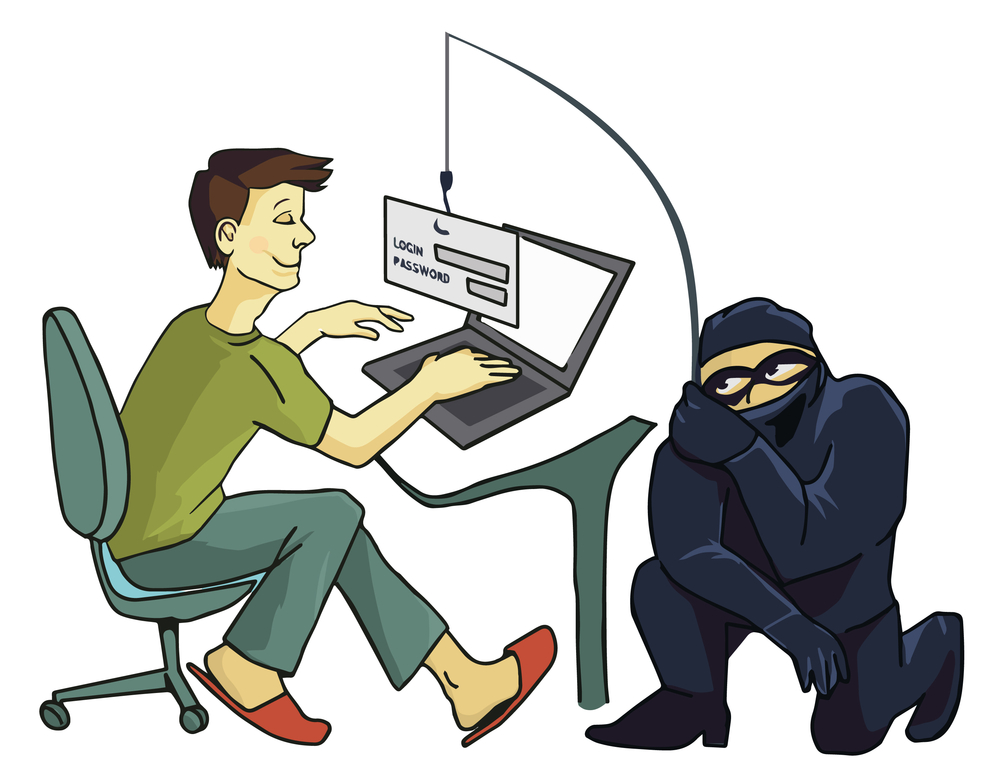Phishing emails are not new, most of us receive hundreds of emails from people claiming that we have won millions through lottery or Microsoft is giving away money, etc. The new such email is targeted on Apple users and is taking its round on the Internet. This new phishing email spreading around the Internet asking users to update their billing information and fool Apple users, stealing sensitive information such as credit card number, usernames and passwords.
This phishing email goes around with the subject, “Apple update your Billing Information” and is appeared to come from “[email protected]” which is the real email address that Apple uses to send emails regarding account information and billing. Like any other phishing emails, this email is also very well crafted and looks so real.
Like I mentioned in one of my earler posts about phishing emails, it is easy to identify a phishing email by looking at the links attached in emails, for e.g. the URL in this fake email (scam mail) is not pointing to apple.com address, rather pointing to a fake URL starting with some numerical numbers, as shown in the screenshot (first set of numbers are faded). Please remember not to click on the link, but simply mouse over it and you can see the real URL, if you have received one.
Screenshots Credit: Screenshot by Topher Kessler, reviews.cnn.com

Whenever you come across any type of phishing emails, you should always ensure to look at the URL, here in this case, if this was a genuine email from Apple, the URL should begin with either http://apple.com/ or http://store.apple.com, etc. and whenever you login to the account or update any account information, the connection is always a secured connection, which means you will be able to see https:// instead of http://.



You can read Apple’s policy on iTunes emails here which says that “The iTunes Store will never ask you to provide personal information or sensitive account information (such as passwords or credit card numbers) via email. Email messages that contain attachments or links to non-Apple websites are from sources other than Apple, although they may appear to be from the iTunes Store. Most often, these attachments are malicious and should not be opened. You should never enter your Apple account information on any non-Apple website. Apple websites that require Account information have apple.com, such as http://store.apple.com, or iforgot.apple.com (with the exception being me.com).”
Please pay attention to emails you receive and ensure that you don’t click on bogus emails and fall into these scams and lose your money and sensitive information such as credit card.
Enjoy your holidays and Happy New year…
Do you find this information useful? Share it with your friends on Facebook, Google+ or Twitter or your other Social Media. You can also follow me on Twitter @sarayoo.info or Google+ or Like me on my Facebook or on my LinkedIn for regular updates, technology tips and tricks, iPhone, iPad, other iOS devices tips, iOS App Deals, Blogging tips, etc. Please leave your comments in the comment section or contact me if you have any other questions.
